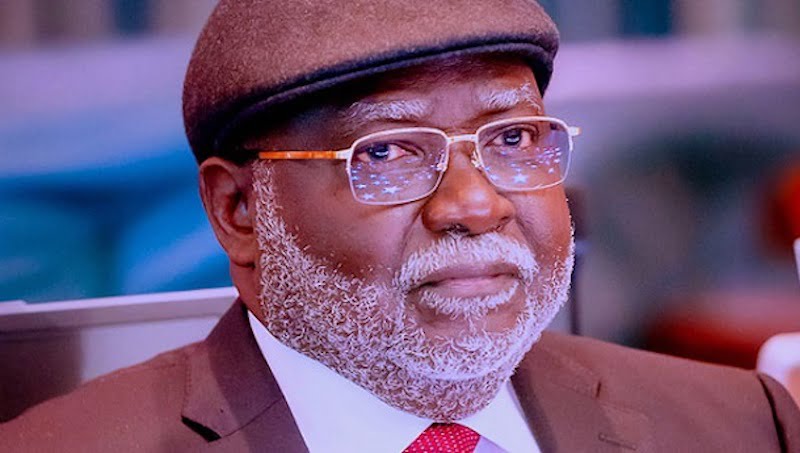The Chief Justice of Nigeria (CJN), Justice Olukayode Ariwoola, has emphasized that public opinion, no matter how significant or weighty, cannot take precedence over or supersede the country’s constitution. He has, therefore, urged judges in the country to consistently apply constitutional provisions when handling each case assigned to them.
The CJN made this clarification at the Supreme Court in Abuja during the inauguration of a new group of 23 Judges for the Federal High Court of Nigeria.
He noted that the judiciary often faces intense criticism, but it’s essential to understand that, regardless of the gravity of public opinion, it cannot override the Constitution. The CJN stressed that judicial officers bear a great responsibility to uphold good moral character and acceptable conduct while earning the trust of the Nigerian populace, particularly those who look up to them.
He also reminded the newly appointed judges of the Federal High Court that taking the oath of office is a constitutional requirement, signifying the assumption of new responsibilities and status in their lives. He highlighted that public scrutiny becomes a regular part of their role, and they must write their own story on the blank page of public life.
The CJN emphasized the importance of integrity, passion for success, and the ability to rise above temptations and trials in the pursuit of justice. He urged the judges to adhere to high standards of conduct, highlighting that appointment to the bench is not an avenue for personal gain, but rather a solemn commitment to serve with honesty and impartiality.
He also cautioned that the National Judicial Council (NJC) closely monitors judicial officers and has the means to detect and address any form of corruption or wrongdoing. The CJN urged the judges to be cautious and take their oath of office seriously, as it represents a lifelong covenant with the Almighty God and the Federal Republic of Nigeria.
In conclusion, the CJN stressed the importance of impartiality, fairness, and the just application of the law in a time when the nation faces significant challenges, and he viewed the appointments to the bench as a divine calling, not a coincidence.

Leave a Reply